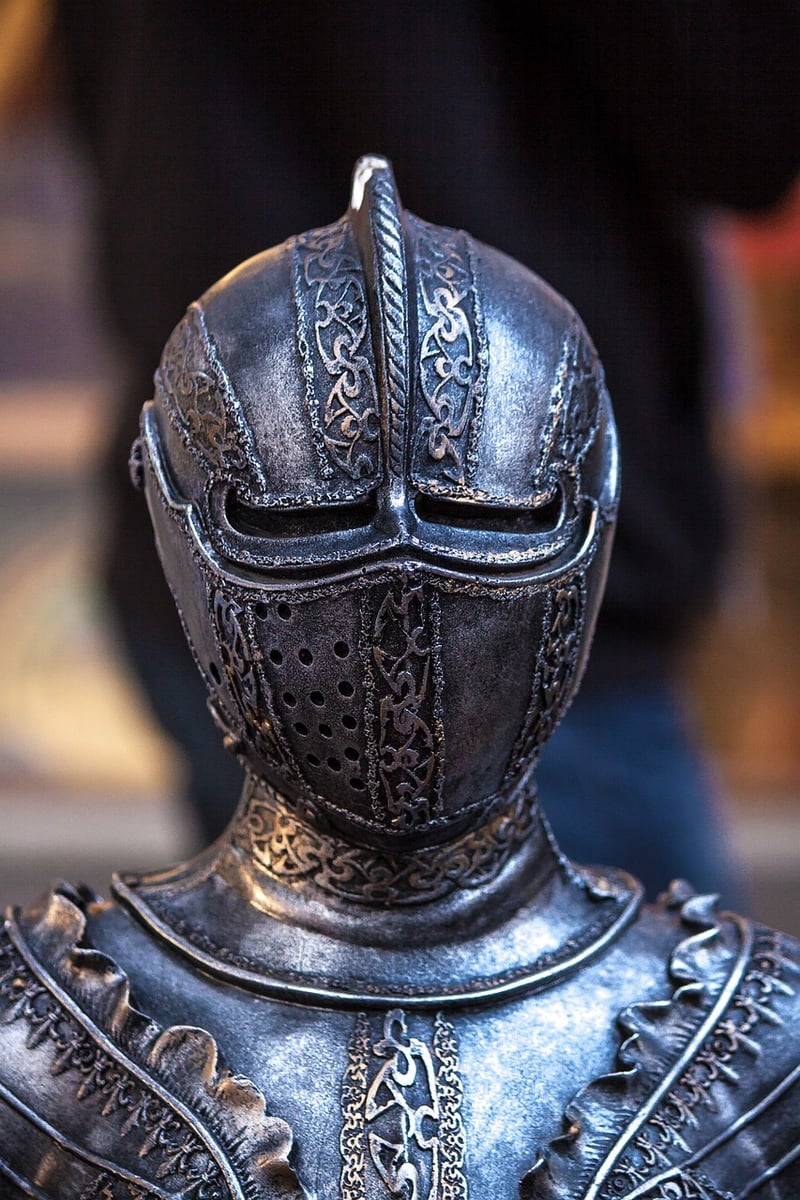Historical Etiquette
Guidance for Time Travelers
Introduction
Welcome, time travelers, to your essential guide on how to navigate the intricacies of different time periods without causing a paradox! Let's dive into the dos and don'ts of time travel etiquette.
1. Blend In
When visiting a different era, it's crucial to blend in with the locals to avoid suspicion. Dressing appropriately for the time period and understanding the local customs can help you seamlessly integrate into the society.
2. Learn the Language
Communication is key! Before embarking on your time-traveling journey, take the time to learn the language spoken during the era you're visiting. This will not only help you interact with the locals but also prevent any unintentional misunderstandings.
3. Respect the Customs
Every time period has its own set of customs and traditions. Be respectful of these practices to avoid causing offense. Whether it's bowing to royalty or following specific dining etiquette, make sure to adhere to the cultural norms of the era.
4. Stay Inconspicuous
Avoid drawing unnecessary attention to yourself. Remember, you're a time traveler, not a celebrity! Keep a low profile, especially when dealing with historically significant events or figures.
5. Leave No Trace
While it may be tempting to leave a mark on history, refrain from altering the course of events. Your presence should be like a whisper in the wind, leaving no trace behind that could disrupt the timeline.
Historical Etiquette
Victorian Era
In the Victorian era, etiquette was of utmost importance. From proper table manners to social interactions, adhering to strict codes of conduct was essential for being considered a respectable member of society.

Roaring Twenties
The Roaring Twenties marked a time of liberation and rebellion. Flappers challenged traditional norms with their bold fashion choices and carefree attitudes. Understanding the spirit of the era is key to navigating its social scene.

Medieval Times
Medieval times were characterized by chivalry and hierarchy. Knights followed a strict code of honor, while peasants knew their place in the feudal system. Respecting these social structures was crucial for maintaining order.

